The Japanese weather satellite Himawari-8 was launched in 2014 for a planned eight-year mission to collect forecasting, weather-monitoring and research data. For his experimental short A Year Along the Geostationary Orbit, the German filmmaker Felix Dierich used Himawari-8 data made publicly available by the Japanese and Australian governments to craft a timelapse that condenses one year into 16 stunning minutes. Orbiting some 20,000 miles above the Earth – much further than the International Space Station (245 miles) yet much closer than the Moon (c238,900 miles) – while perpetually fixed over the Eastern Hemisphere, Himawari-8 provides a unique perspective on the planet and its weather patterns. With the film’s haunting soundtrack and swirling imagery, it’s easy to get lost in the hypnotic clouds and forget that below them is half of humanity, rendered almost entirely invisible by the distance.
From 20,000 miles up, our home planet is a hypnotic swirl of the familiar and the sublime
Video by Felix Dierich
Website: A Year Along the Geostationary Orbit

videoAstronomy
The majestic Earth as seen through the eyes of astronauts orbiting above
6 minutes

videoSpace exploration
A tour of Mars assembled from NASA images reveals a wondrous but uninviting planet
5 minutes

videoSpace exploration
The high life: take a majestic, guided tour of the International Space Station
18 minutes
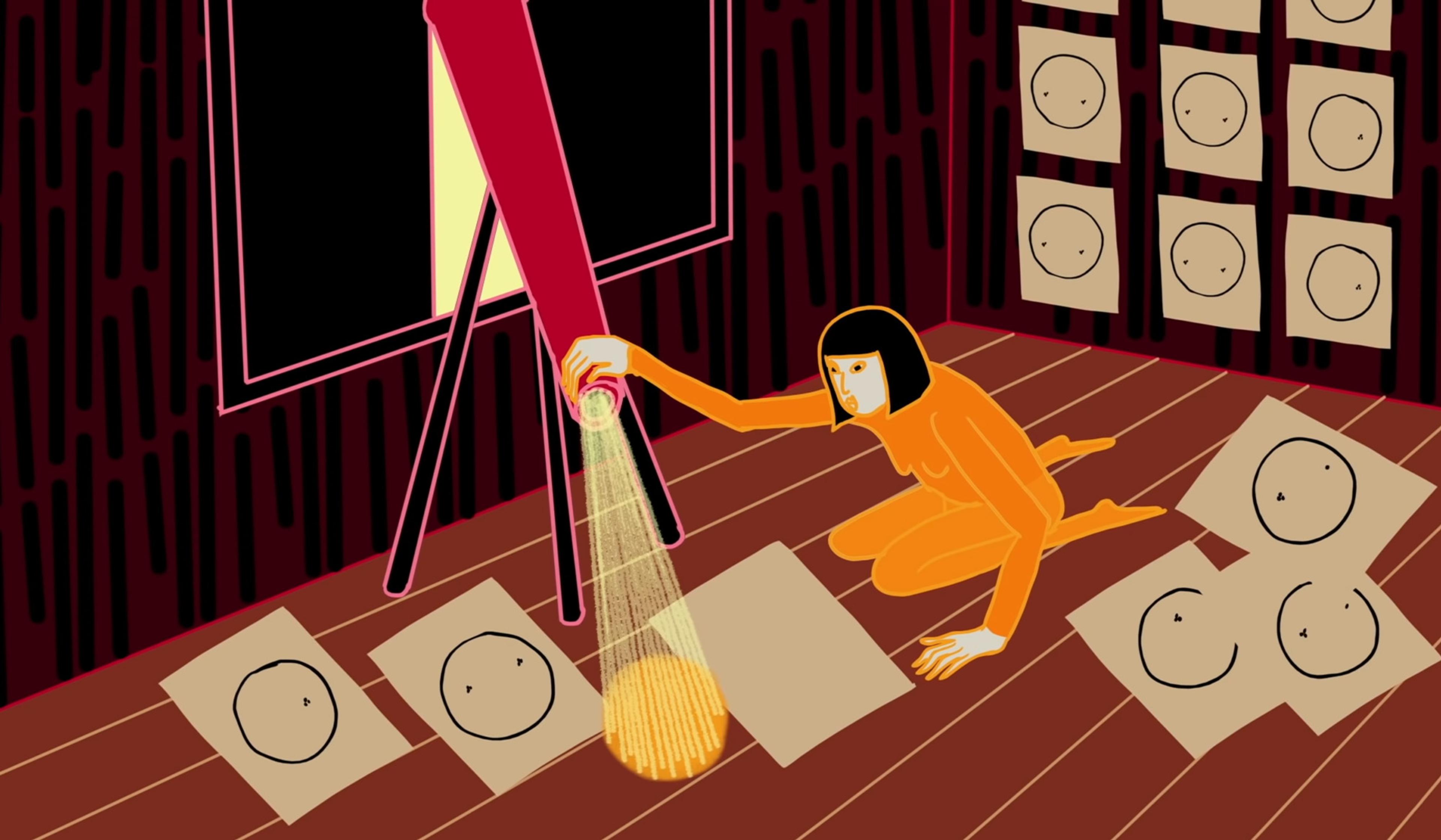
videoAstronomy
Meet the citizen scientist who changed how we see the Sun, and science itself
5 minutes
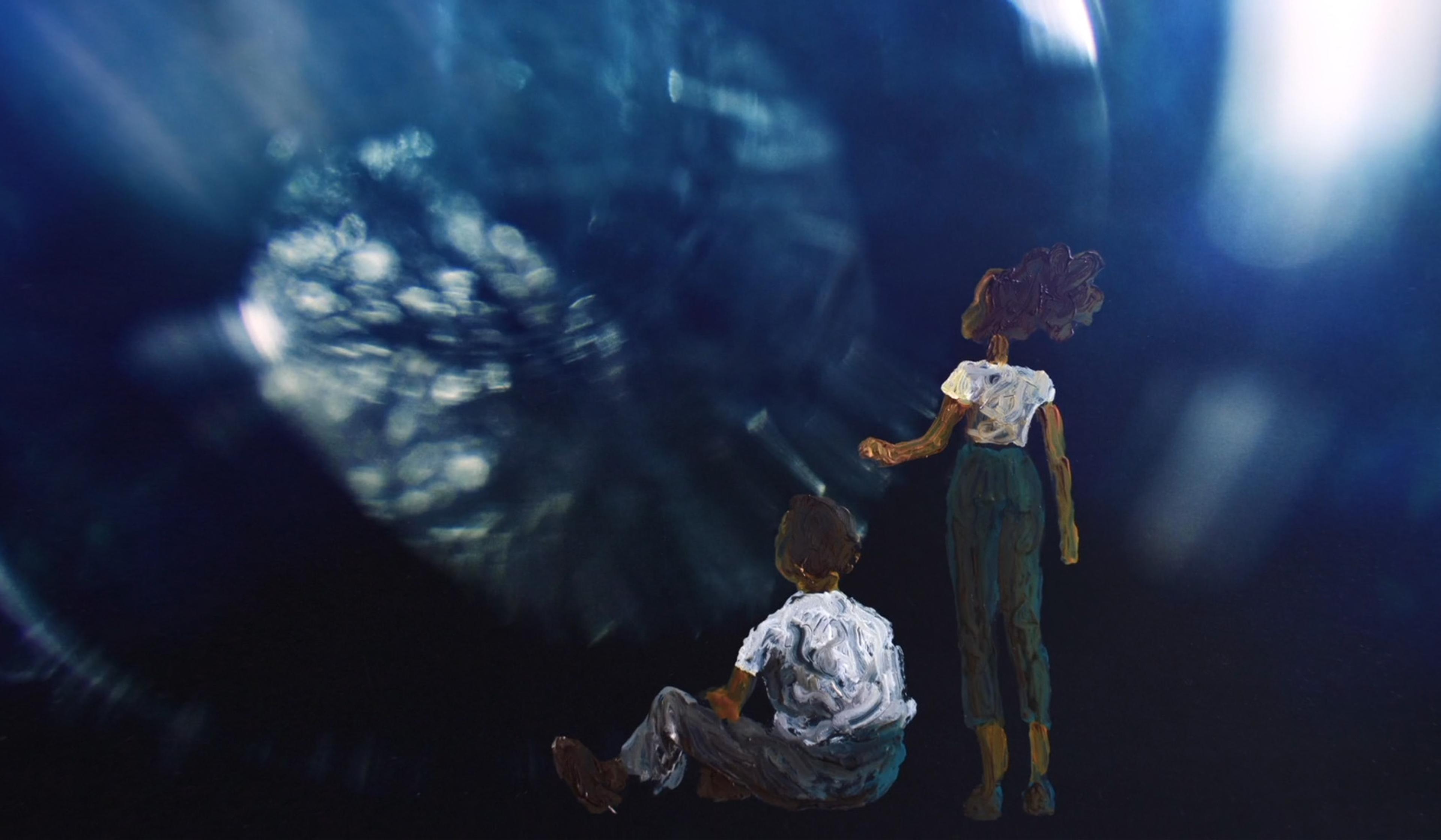
videoKnowledge
A poet’s ode to the Hubble Telescope – and to her father, who helped to build it
2 minutes
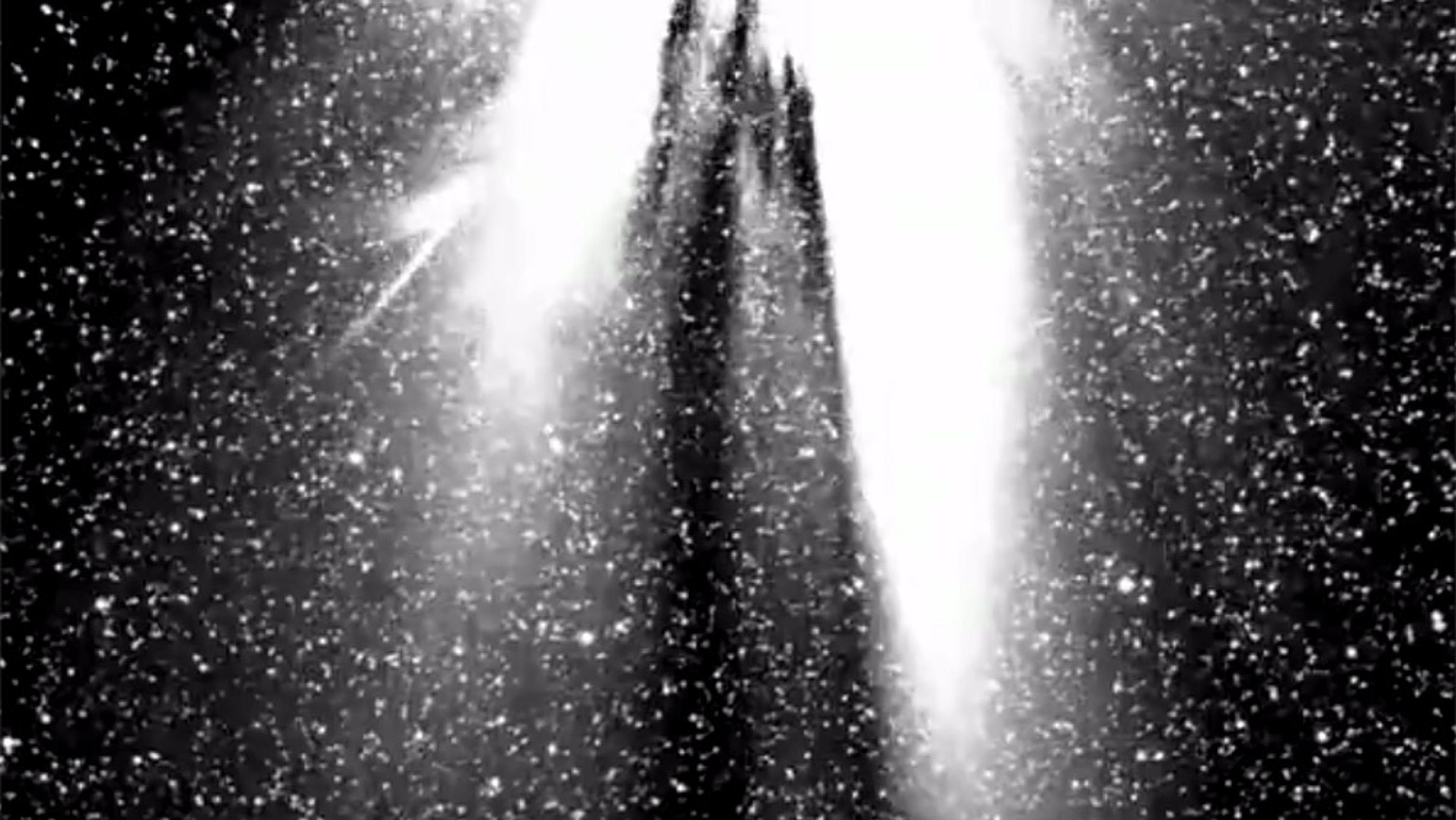
videoAstronomy
Celebrating the rough, the raw and the human in hardcore space science
3 minutes
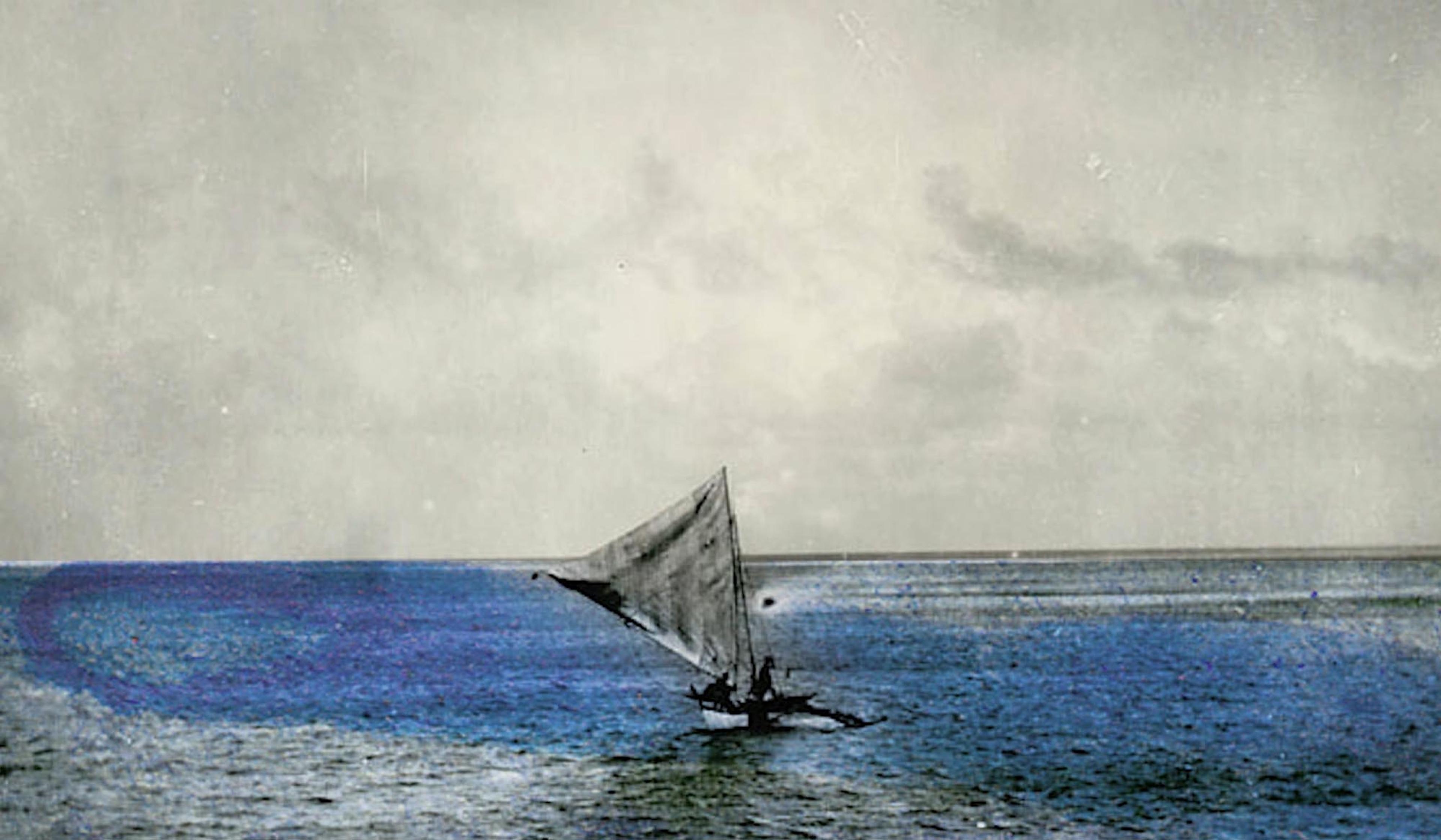
videoHistory of technology
The voyages of Ancient Pacific mariners echo in modern space exploration
2 minutes
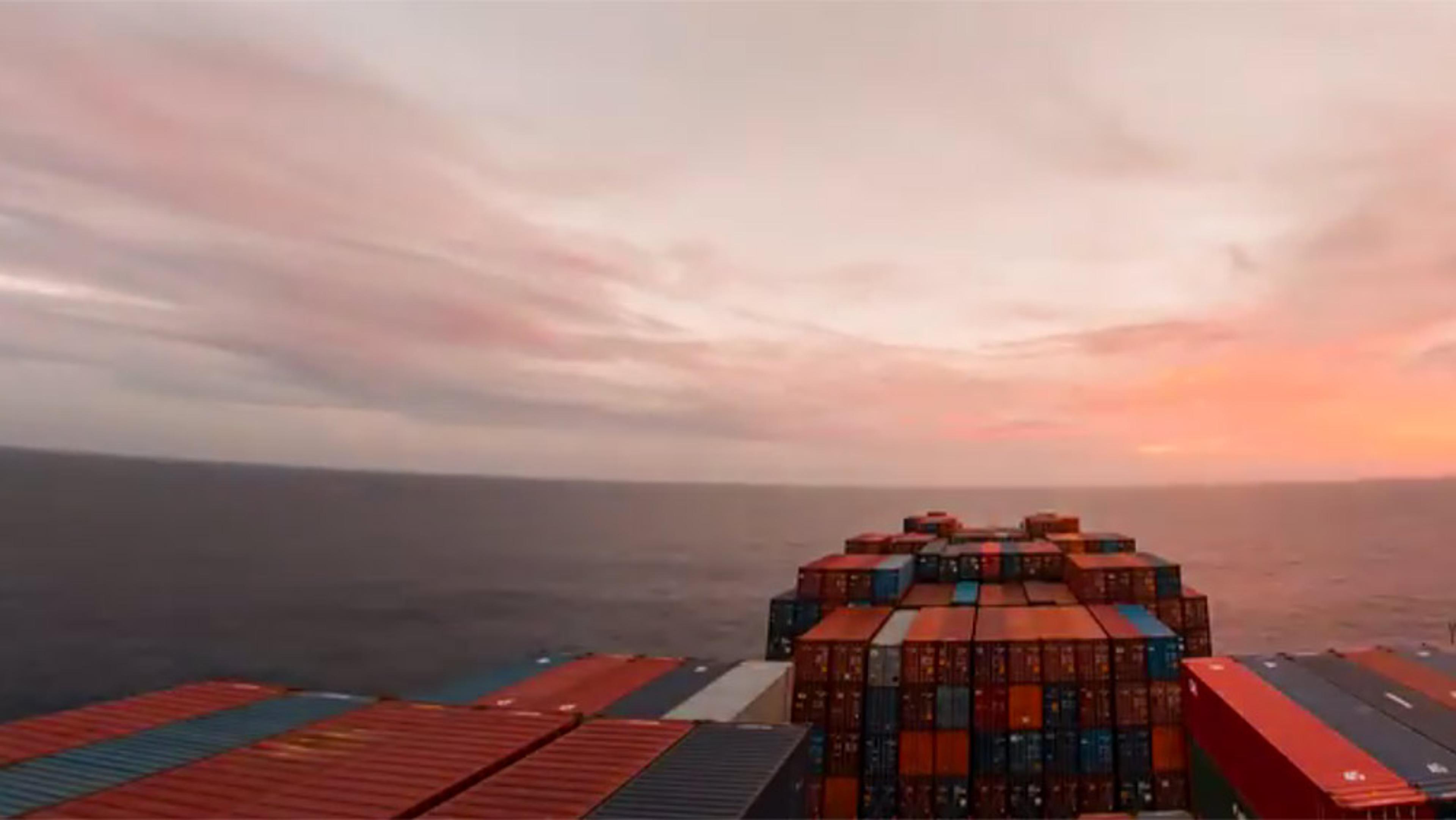
videoProgress and modernity
From the Red Sea to Hong Kong in 10 minutes – a stunning cargo-ship timelapse
10 minutes
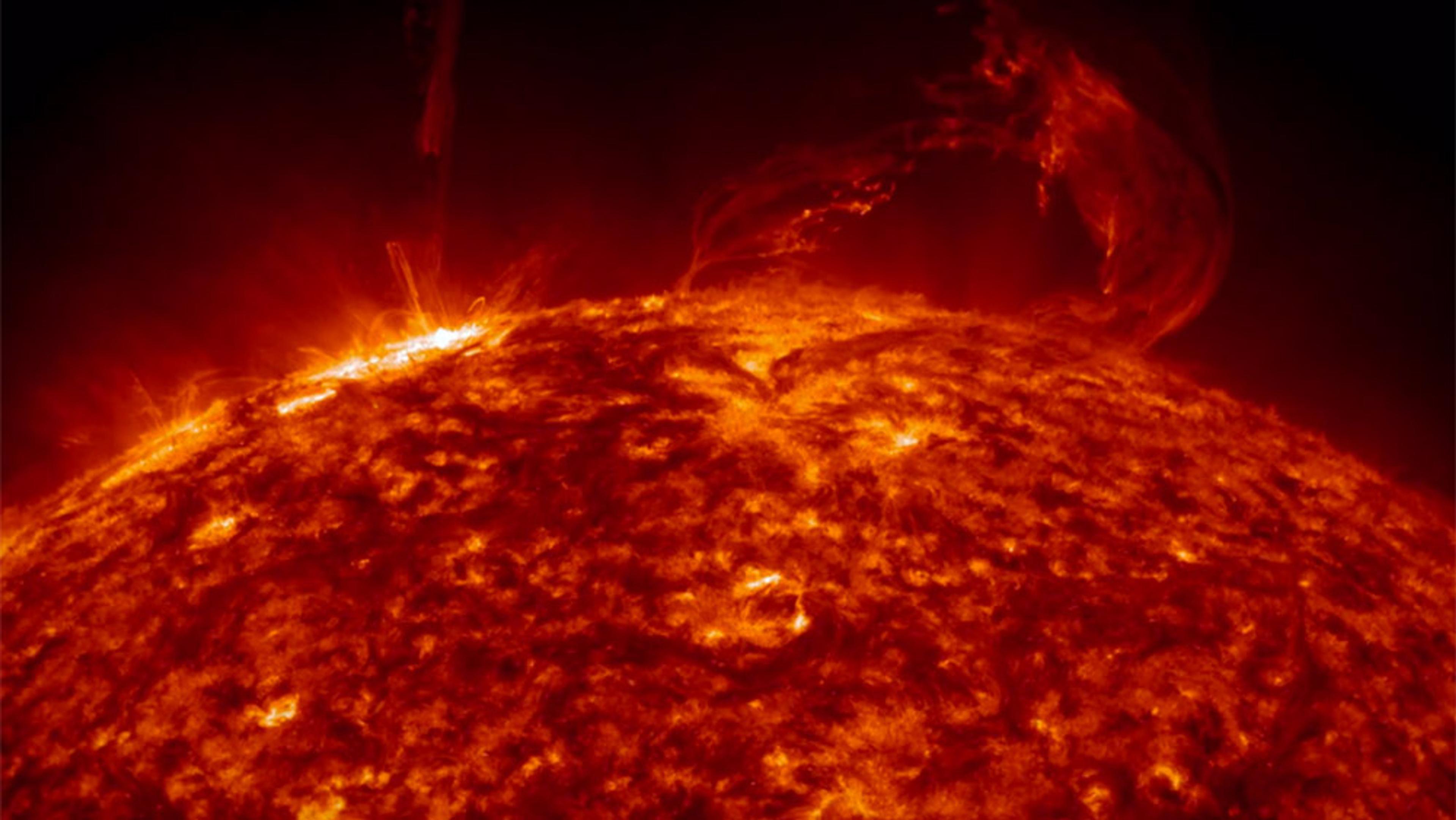
videoCosmology
The Sun – our steady, reliable companion – tells a very different story up close
4 minutes